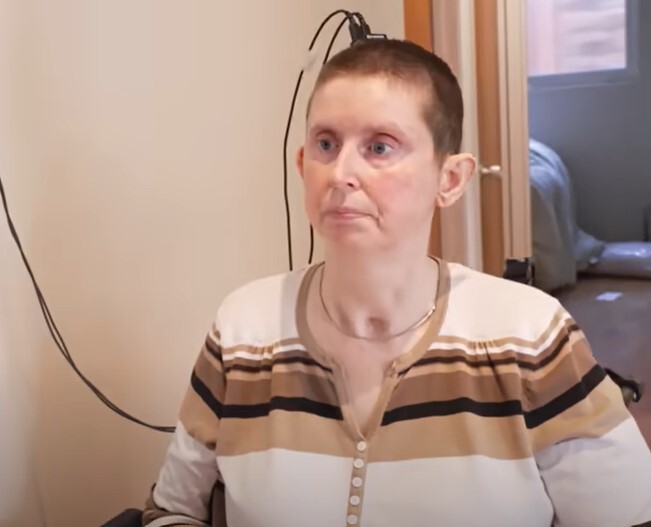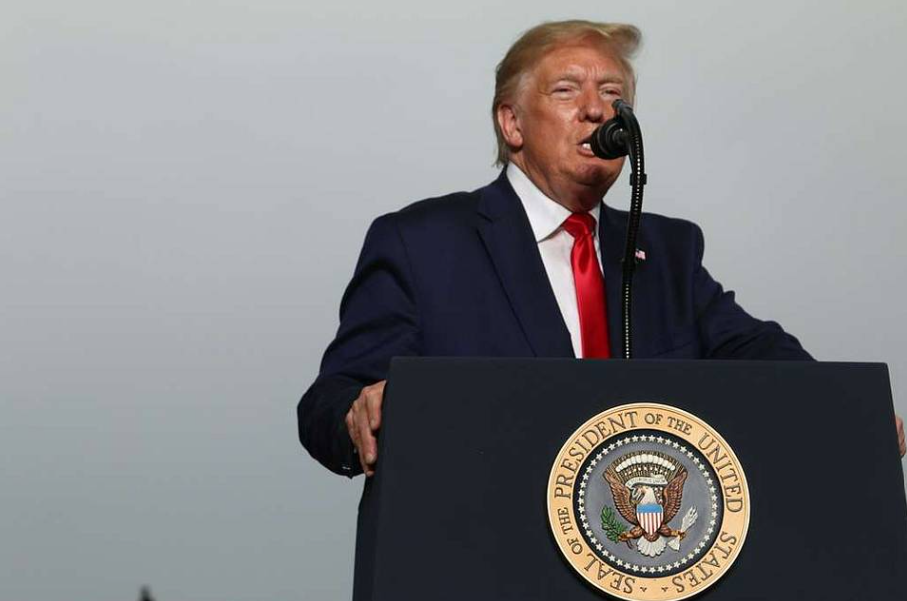Ann Johnson, who became paralyzed and lost the ability to speak after suffering a stroke at the age of 30, has been able to communicate again for the first time in 18 years thanks to groundbreaking technology. Developed by researchers at the University of California, San Francisco, and the University of California, Berkeley, the technology involves a brain implant with 253 electrodes that intercepts Johnson’s brain signals associated with speech. These signals are then sent to a computer, which uses AI algorithms to convert them into audible words and facial expressions through a digital avatar.
The digital avatar, which mimics Johnson’s voice and facial movements, was created using recordings of her speaking at her wedding to ensure a personalized touch. This technology has shown promising results, allowing Johnson to communicate at nearly 80 words per minute with a median accuracy of around 75% for a 1,024-word vocabulary. This is a significant improvement over previous systems, which were slower and less accurate.
Dr. Edward Chang, who performed the surgery to implant the device, expressed his excitement at the successful outcome, highlighting the emotional impact of seeing the technology work in real time. Johnson herself found the experience of hearing the avatar speak in a voice similar to her own to be emotional, sharing that she hopes to use the technology to pursue a career in counseling, which she believes would help put clients at ease.
The innovation represents a major step forward in the use of brain-computer interfaces to help people with severe disabilities communicate and live more independently. Johnson’s experience has opened up new possibilities for those who have lost their ability to speak due to medical conditions.




